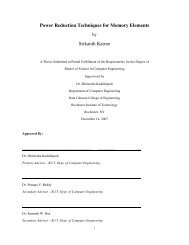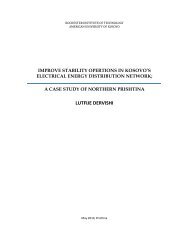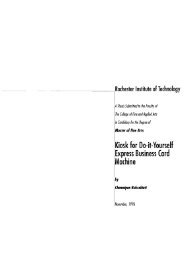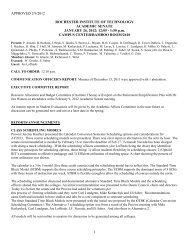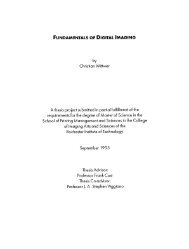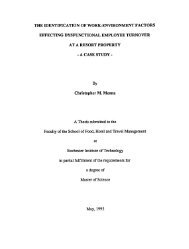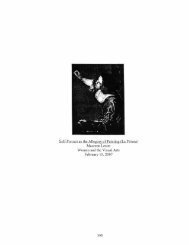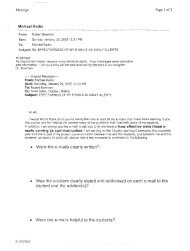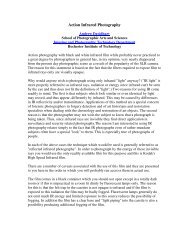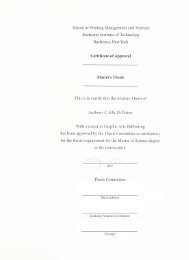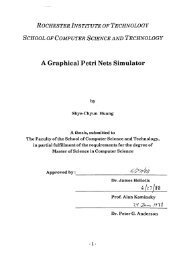Sophism and Moral Agnosticism, Or, How to Tell a Relativist from a ...
Sophism and Moral Agnosticism, Or, How to Tell a Relativist from a ...
Sophism and Moral Agnosticism, Or, How to Tell a Relativist from a ...
Create successful ePaper yourself
Turn your PDF publications into a flip-book with our unique Google optimized e-Paper software.
100 THE PLURALIST 6: 1 20II<br />
the case conceptually, with the idea that the need <strong>to</strong> justify one's positions is<br />
implicit <strong>to</strong> philosophy. Building upon this Pla<strong>to</strong>nic/Socratic insight, I would<br />
argue that the idea that justification is dem<strong>and</strong>ed in advance of coercion is<br />
an ethical st<strong>and</strong>ard transcendental <strong>to</strong> philosophy itself 17 This singular idea<br />
distinguishes philosophical discourse <strong>from</strong> other forms of communication.<br />
The very attempt <strong>to</strong> philosophize necessarily assumes that reasons must be<br />
provided before any position is <strong>to</strong> be taken seriously. Therefore, even Rorty<br />
must attempt an explanation as <strong>to</strong> why philosophical persuasion is incapable<br />
ofsupponing kindness against cruelty (if he expects <strong>to</strong> be taken seriously as<br />
a philosopher).<br />
Nonetheless, the failure <strong>to</strong> justify a particular position categorically should<br />
not be taken as a malfunction of the philosophical project. Such inability<br />
only confirms the reality of moral pluralism. As demonstrated by Socrates,<br />
a failure <strong>to</strong> know is not a philosophical failure in <strong>and</strong> of itself; after all, Socratic<br />
ignorance marks the original break with sophistic relativism. To assume<br />
otherwise is <strong>to</strong> conflate reasoned skepticism with cynical relativism. The inability<br />
<strong>to</strong> categorically defend a point ofview, tradition, or action, does not<br />
mean that it cannot be embraced. <strong>How</strong>ever, if a point ofview, tradition, or<br />
action ultimately cannot be justified, there can be no legitimacy in forcing<br />
it on others. IS<br />
John Rawls clearly recognizes the primacy of moral pluralism in his<br />
later work <strong>and</strong> identifies the "criterion of reciprocity" as crucial for political<br />
legitimacy. He defines this criterion as follows: "Our exercise of political<br />
power is proper only when we sincerely believe that the reasons we offer for<br />
our political action may reasonably be accepted by other citizens as a justification<br />
of those actions" (xlvi). This is because, as Rawls argues in Political<br />
Liberalism,<br />
[p]olitical power is always coercive power backed by the government's<br />
use of sanctions, for government alone has the authority <strong>to</strong> use force<br />
in upholding its laws. In a constitutional regime the special feature of<br />
the political relation is that political power is ultimately the power of<br />
the public, that is, the power of free <strong>and</strong> equal citizens as a collective<br />
body. (136)<br />
As such, this power is regularly brought <strong>to</strong> bear on individual citizens who<br />
may not accept reasons that are widely held <strong>to</strong> justify various approaches <strong>to</strong><br />
public policy <strong>and</strong> political authority. Therefore,<br />
[01ur exercise ofpolitical power is fully proper only when it is exercised<br />
in accordance with a constitution the essentials ofwhich all citizens as



